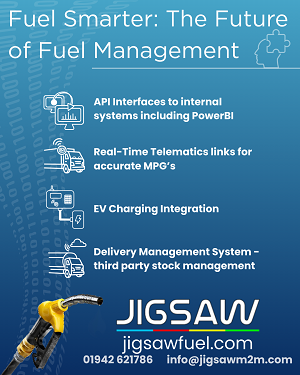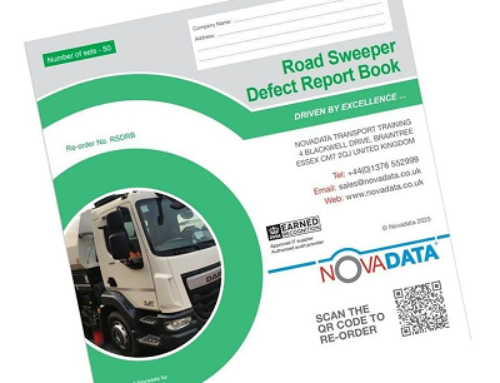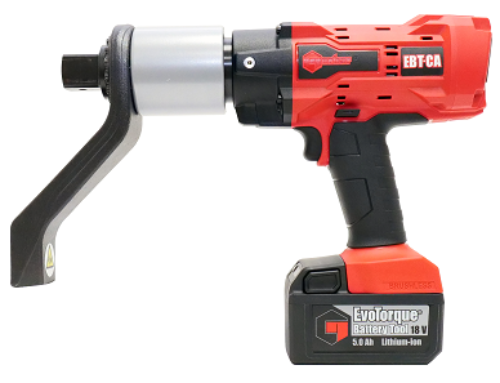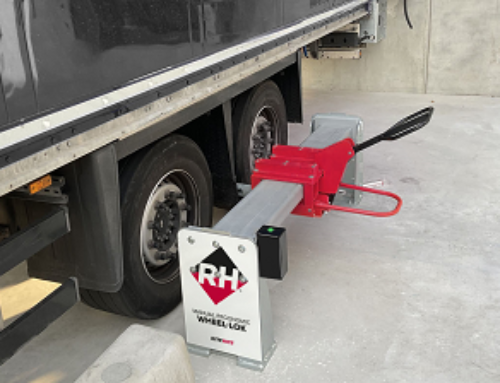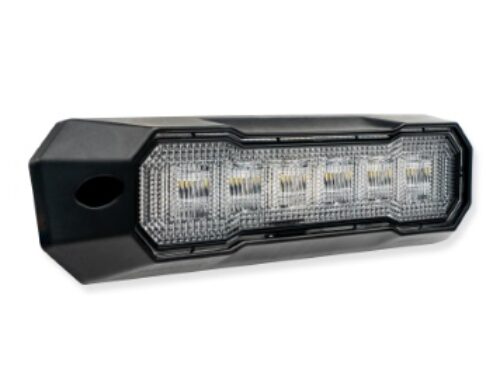MAHA UK: going beyond the MOT mindset
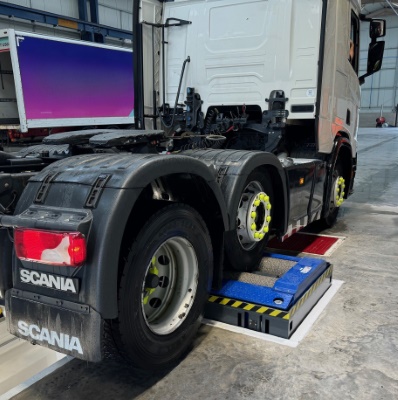 While an MOT pass certificate is essential for staying compliant, it is far from the whole story, according to workshop equipment provider MAHA UK – which believes operators need to embed testing and inspection into a broader safety culture.
While an MOT pass certificate is essential for staying compliant, it is far from the whole story, according to workshop equipment provider MAHA UK – which believes operators need to embed testing and inspection into a broader safety culture.
That means moving beyond a once-a-year MOT mindset, the company says, and creating a continuous routine to ensure every vehicle is fit for purpose, every day.
While the MOT demonstrates that a vehicle was roadworthy on the day of the test, DVSA guidance also requires regular safety inspections, which help catch issues before they become critical, giving operators the confidence that their fleet is safe at all times.
“A safety culture also depends on people: drivers who report defects, technicians that use equipment correctly and managers that invest in premium equipment and support proactive approaches,” said MAHA UK.
“Training is crucial – understanding how to operate equipment and systems, along with knowledge of how to interpret results – as is investment in the right equipment. When staff observe that management are taking safety seriously, that philosophy should be adopted by every member of staff.”
Prioritising safety delivers tangible benefits, adds the firm, such as less unplanned downtime, reduced maintenance costs and lower insurance risk, all flowing from a well-maintained fleet.
“An MOT pass certificate shows that a vehicle was roadworthy on the day of the test, but defects don’t appear on a schedule,” it continued.
“Brake performance, for example, can deteriorate gradually, tyres can wear unpredictably, and emissions can fail suddenly.”
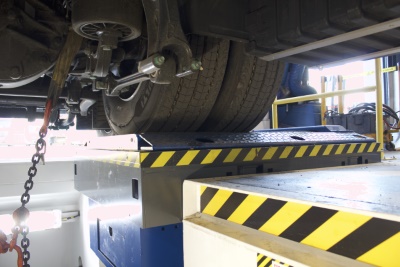 This is why regular safety inspections are vitally important, as they provide operators with opportunities to make repairs before they turn into critical issues. Brake checks, emissions testing and headlight alignment assessments all provide priceless data that helps operators understand a vehicle’s condition in real time.
This is why regular safety inspections are vitally important, as they provide operators with opportunities to make repairs before they turn into critical issues. Brake checks, emissions testing and headlight alignment assessments all provide priceless data that helps operators understand a vehicle’s condition in real time.
The company highlights regulatory changes this year that have brought this proactivity into the spotlight, especially as regards braking. The DVSA’s Guide to Maintaining Roadworthiness explains that safety inspections are expected to include a brake performance assessment.
“That can be carried out by a laden roller brake test, a suitable electronic braking performance monitoring system or a decelerometer with temperature readings,” said MAHA UK.
“The DVSA makes clear that a laden brake test using a calibrated roller brake tester is still the most effective way to measure both individual and overall brake performance.”
The workshop equipment supplier says it is acutely aware that creating laden conditions isn’t always easy – with space constraints, limited access to loading equipment, safety risks and operational disruptions all creating challenges – but adds that it offers a compliant solution.
“That is why enquiries for MAHA UK’s MBT 7250 commercial brake tester, equipped with a rising roller bed option, have surged,” it continued.
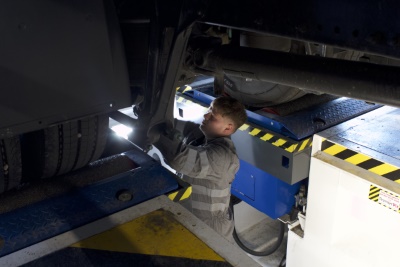 “The rising roller system can be elevated to 250mm, simulating axle loads of up to 10 tonnes. This is a reliable alternative to traditional laden brake testing where external loading is impractical – bolstering safety through meaningful, repeatable testing conditions.”
“The rising roller system can be elevated to 250mm, simulating axle loads of up to 10 tonnes. This is a reliable alternative to traditional laden brake testing where external loading is impractical – bolstering safety through meaningful, repeatable testing conditions.”
MAHA UK managing director Neil Ebbs added: “Safety is about ensuring everyone is alert, trained and confident, meaning every vehicle is thoroughly maintained to the highest standard and ready to operate safely on the road every day.
“At MAHA UK, we are already supporting operators and continue to receive enquiries for our rising roller bed option. It provides a reliable, repeatable way to check braking performance where traditional laden testing isn’t practical, helping fleets stay compliant while putting safety first.”






